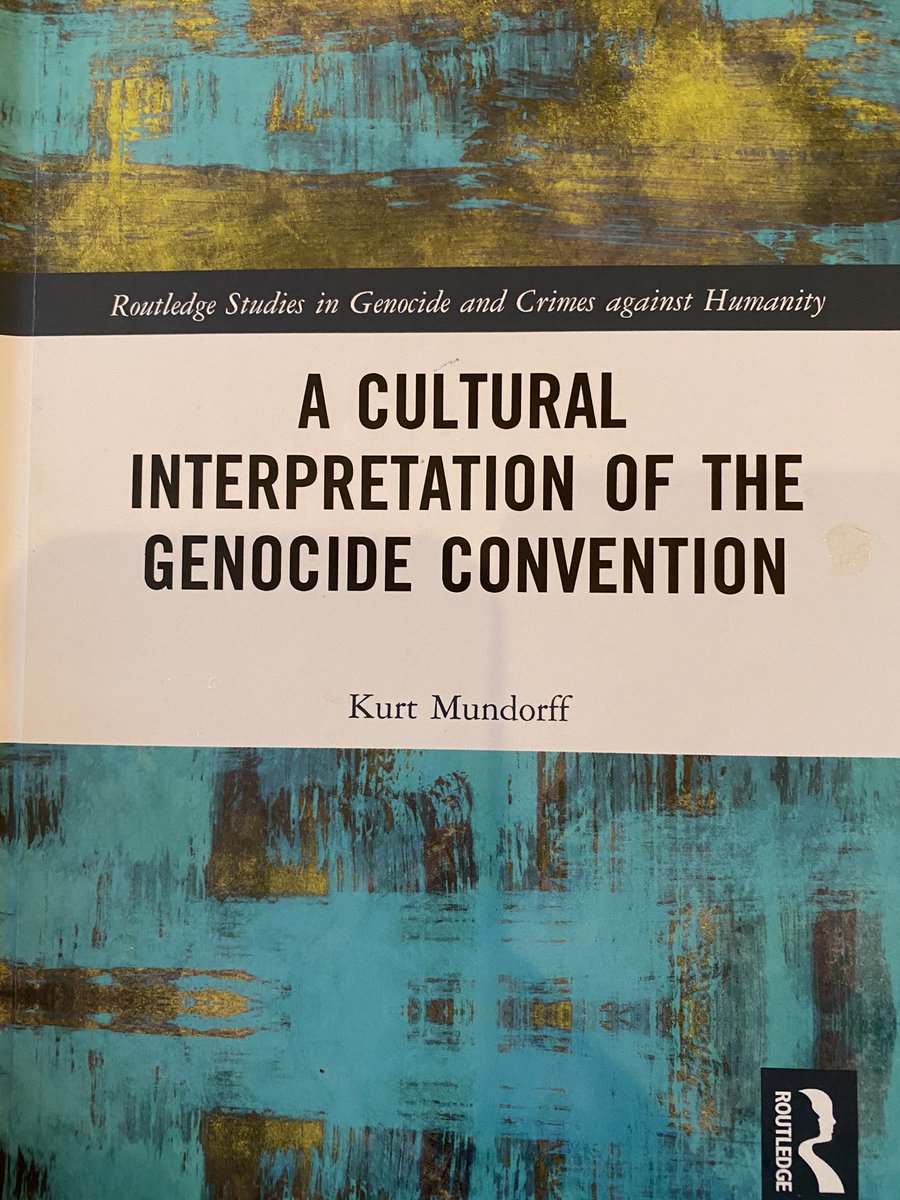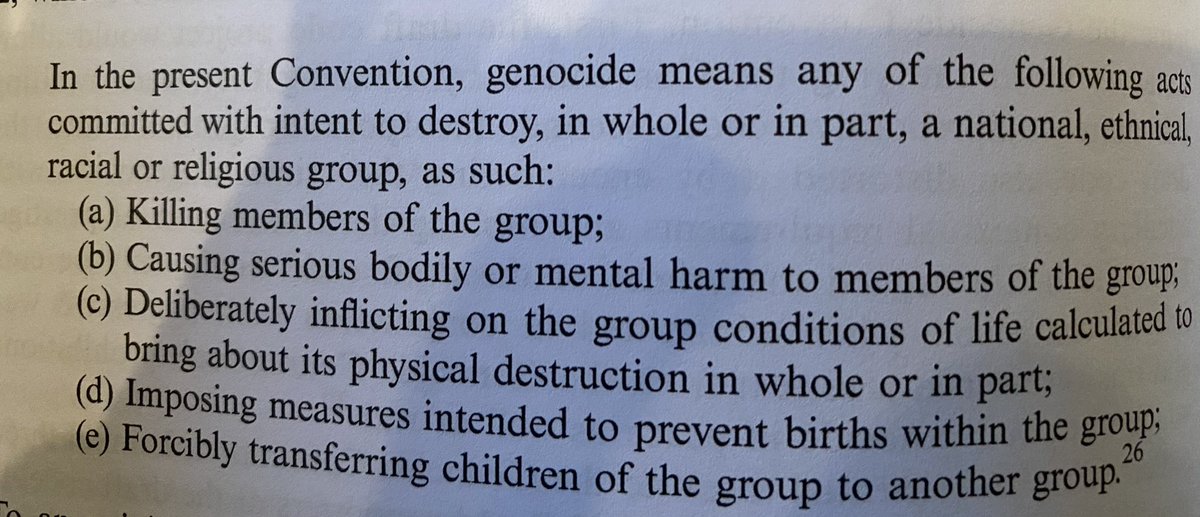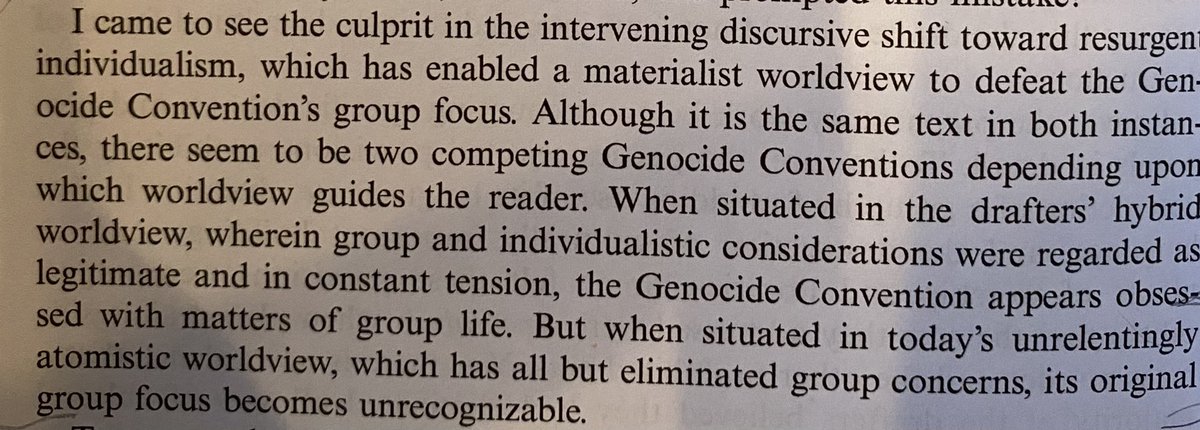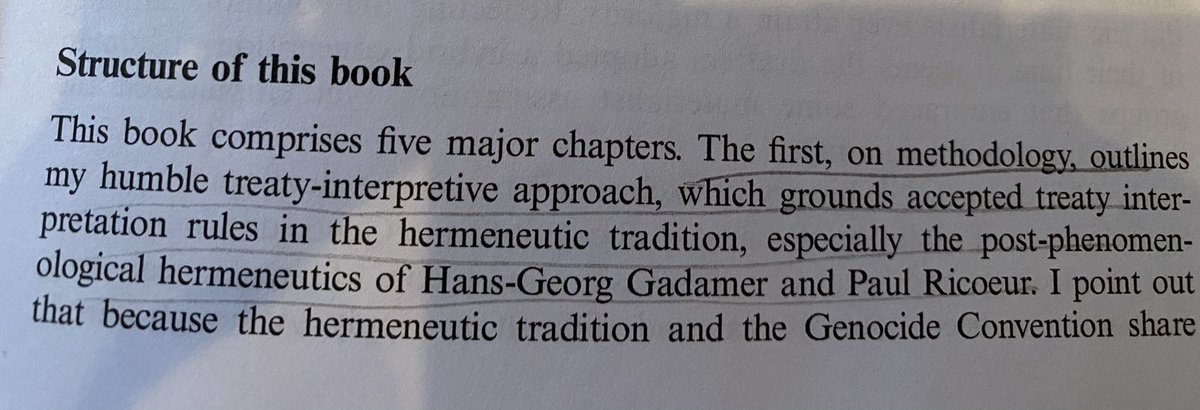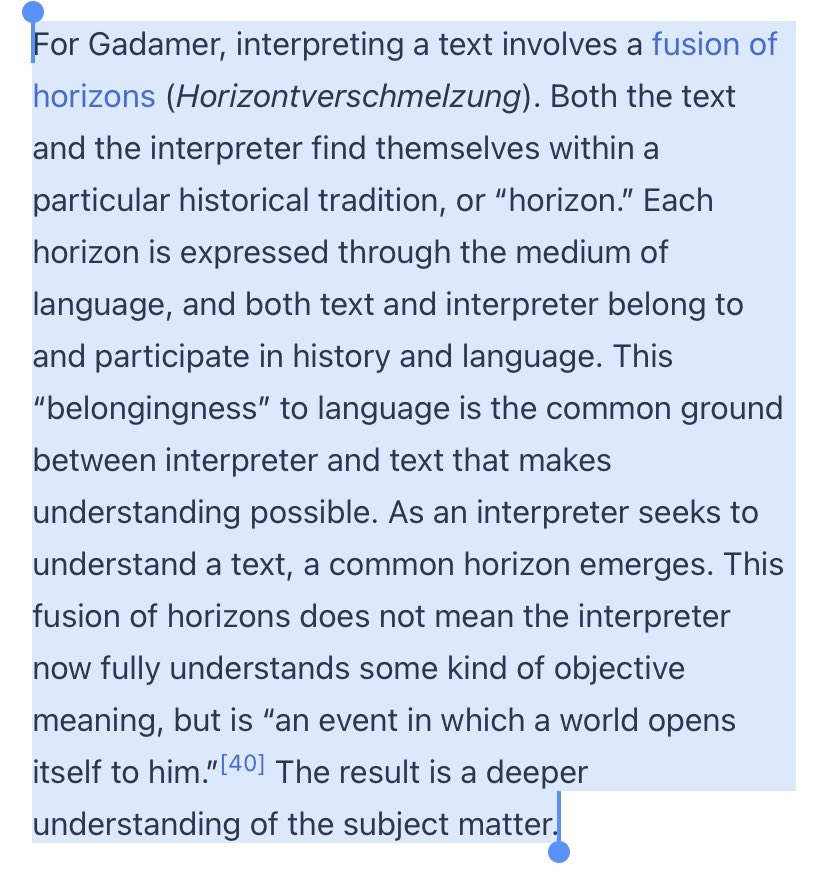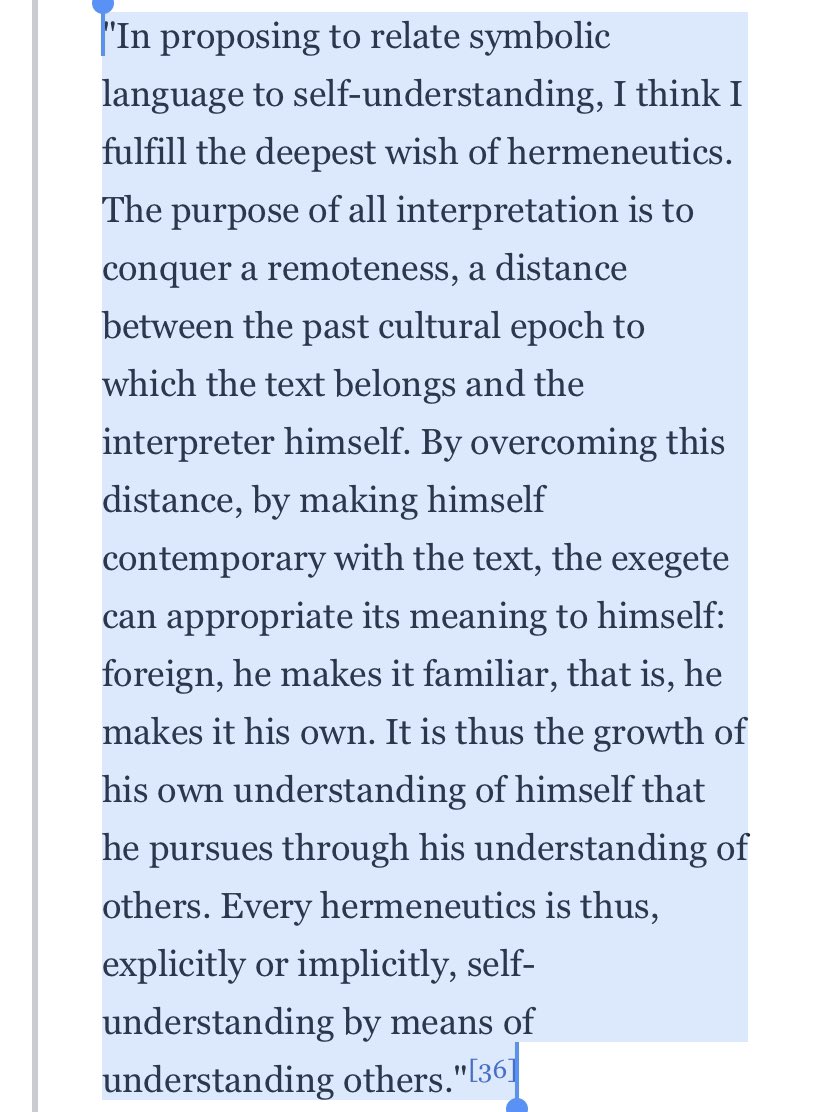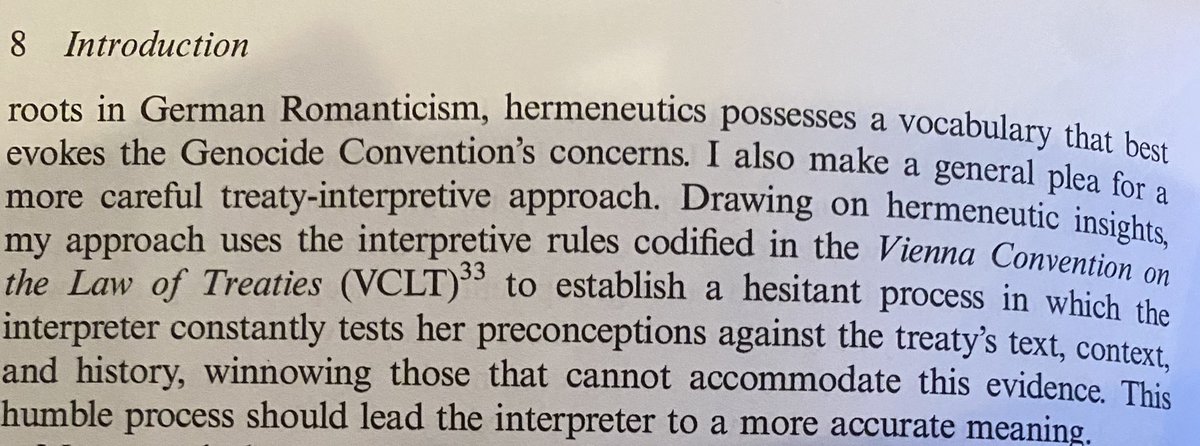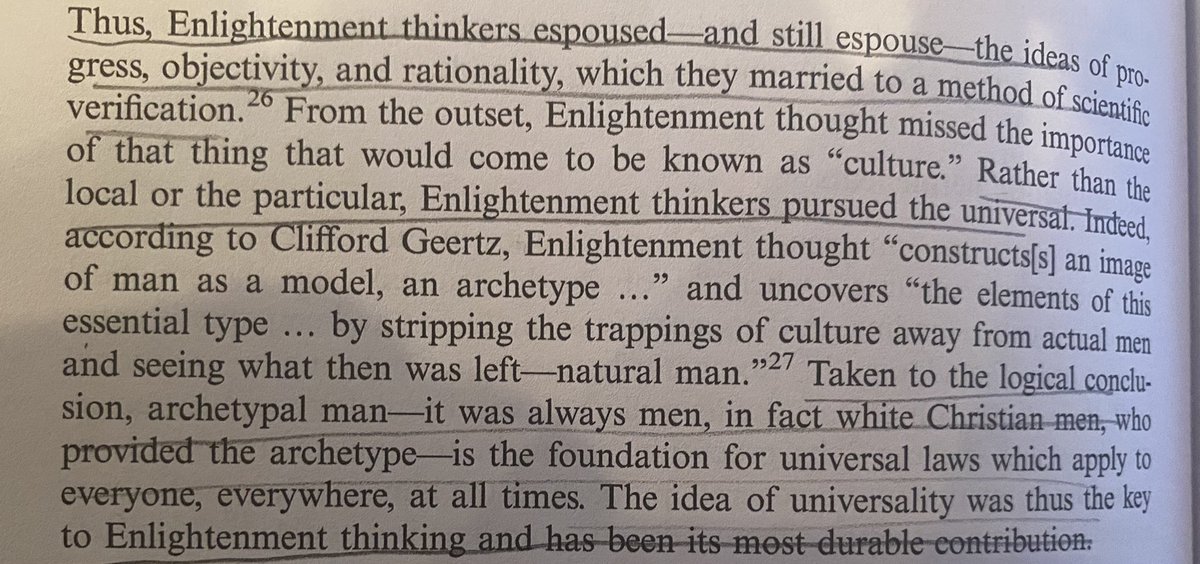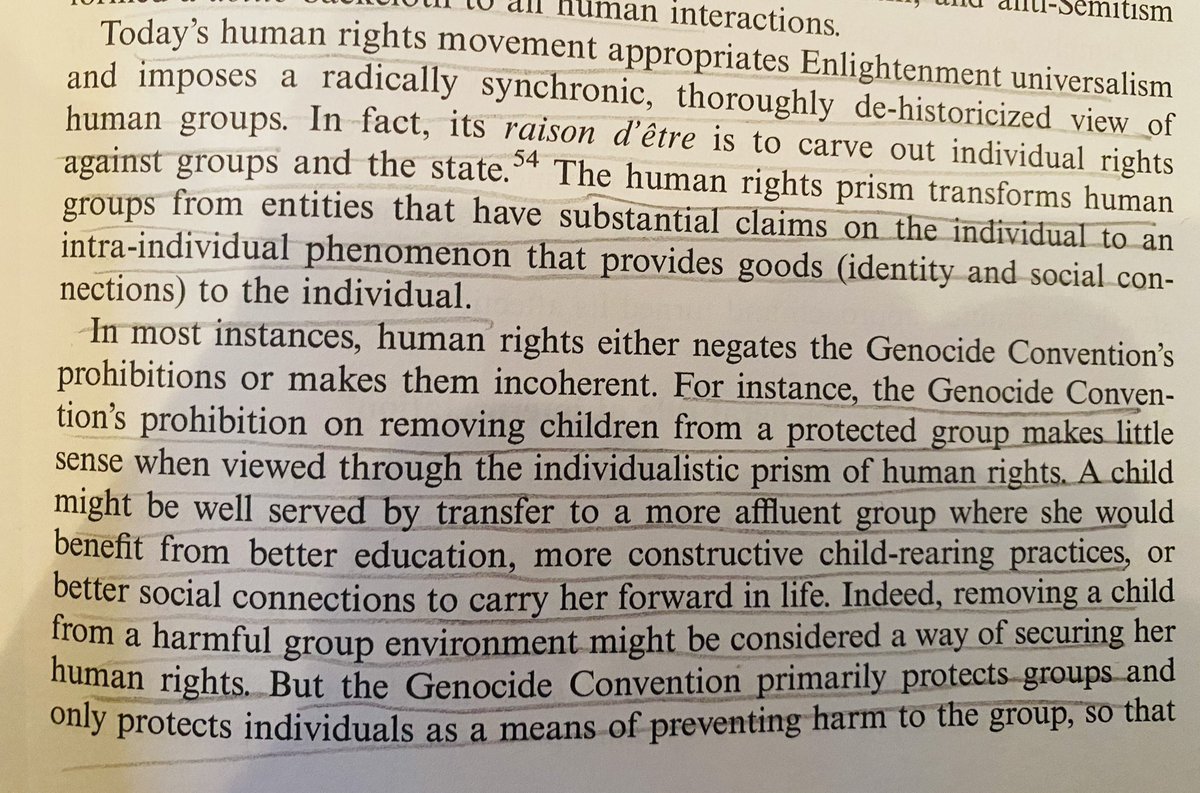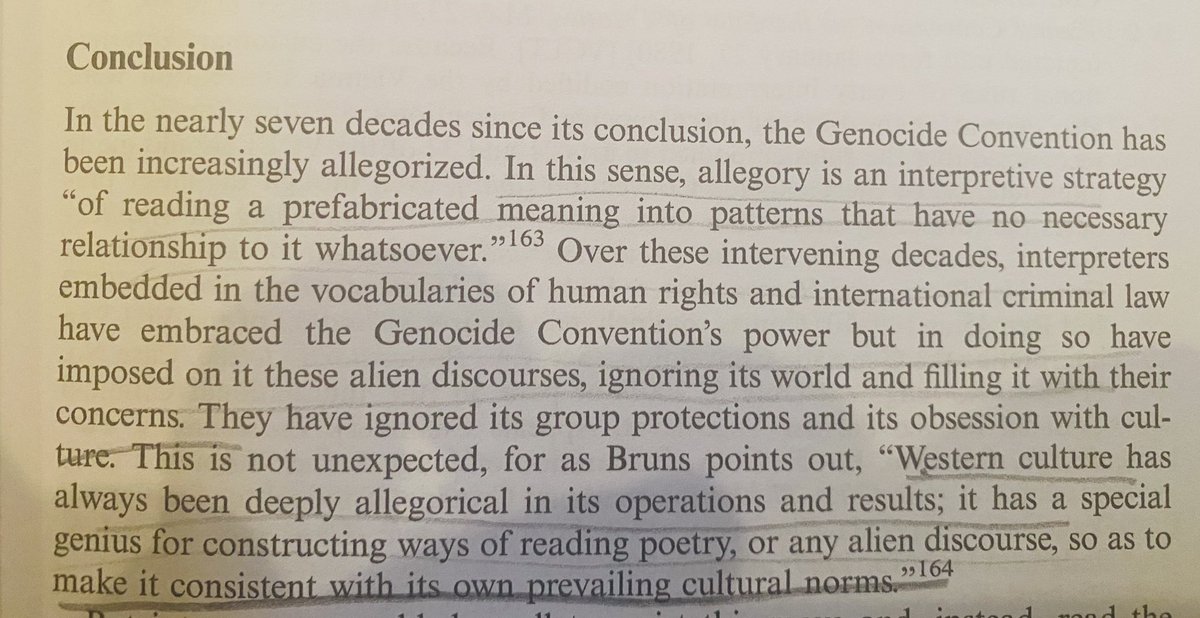Kurt Mundorff wrote one of the best essays ever on #ChildWelfare
Children as Chattel: Invoking the Thirteenth Amendment to Reform Child Welfare following his time as an ACS caseworker, his latest book focuses on part 2e of the Geneva Convention
https://works.bepress.com/kurt_mundorff/1/
Children as Chattel: Invoking the Thirteenth Amendment to Reform Child Welfare following his time as an ACS caseworker, his latest book focuses on part 2e of the Geneva Convention
https://works.bepress.com/kurt_mundorff/1/
Part 2e of the Geneva convention focuses on the forcible transfer of children as a tool to destroy a group
Raphael Lemkin merged the Greek word genos (race,tribe) and the Latin cide (killing) but not with universal intent. Asserting discrimination is not destruction, he accused the NAACP of opportunism-bolstering their fight against the Jim Crow south by invoking the Geneva convention
Mundorff’s analysis highlights a critical shift in both Geneva convention discourse and child welfare that renders the forcible removal of children invisible as an act of genocide: Individualism.
This shift does a lot of work in ways non-obvious ie NYC Administration of *children’s services. On the face is an innocuous title, but a closer reading allows us to see a state interested in children as subjects separate from the family.
Mundorff outlines the approach of the first chapter as rooted in hermeneutics, particularly post-phenomenological hermeneutics of Hans-Georg Gadamer and Paul Ricouer.
If like me-your white philosopher dude knowledge is lacking beyond the homie Marx and Focault, I got you son..
If like me-your white philosopher dude knowledge is lacking beyond the homie Marx and Focault, I got you son..
Hermeneutics in simple terms (aspects of this are contested disclaimer) refers to a theory and method of interpretation ie a shift to privileging the subjective in social sciences rather than rehearsing enlightenment rationalism from the physical sciences
Phenomenology is a lil like antifa- not ideologically but in the sense Ed Husserl is considered the father of it but it was a decentralized Euro movement in the early 20th century, broadly around philosophically studying experiences/structures of the self
So Gadamer and Ricouer’s *post phenomenology* is in opposition to a crudely objective reading of the text but also sees idealist romanticism as insufficient, rather they suggest a dialogic approach between the interpreter (n their social/historical context) and the text (Wiki)
Mundorff is making a plea for a more careful treaty interpretation approach, to establish a hesitant process in which the interpreter constantly tests her preconceptions against the treaty’s text, context and history. Winnowing those who cannot accommodate this evidence
So you got my take but here’s explanation from Mundorff.
TLDR: rejection of Cartesian duality, embrace of hermeneutic skepticism
TLDR: rejection of Cartesian duality, embrace of hermeneutic skepticism
Isaiah Berlin who is cited in this critique of Enlightenment espoused notions of progress, objectivity and rationality married to a method of verification (and classification) is not the first to make this point-Wynter’s NHI is part of this long convo-
But it’s interesting to think about how this critique of Enlightenment epistemology inadvertently has allowed for the murky/open ended ness of intersectionality as method, which switched the local identity for the universal archetype w/o challenging the social contract
This is very much the point, the individualist assumptions underpinning human rights, talk about “saving a child” “children’s services” but securing this *right* for one child ignores the group’s right to retain its children and is at odds with the Geneva Convention
Rent free: “western (I read white) culture has always been deeply allegorical in its operations and results; it has a special genius for constructing ways of reading poetry, or any alien discourse, so as to make it consistent with its own prevailing cultural norms”
I’m pausing on this thread but will pick up when time allows!

 Read on Twitter
Read on Twitter